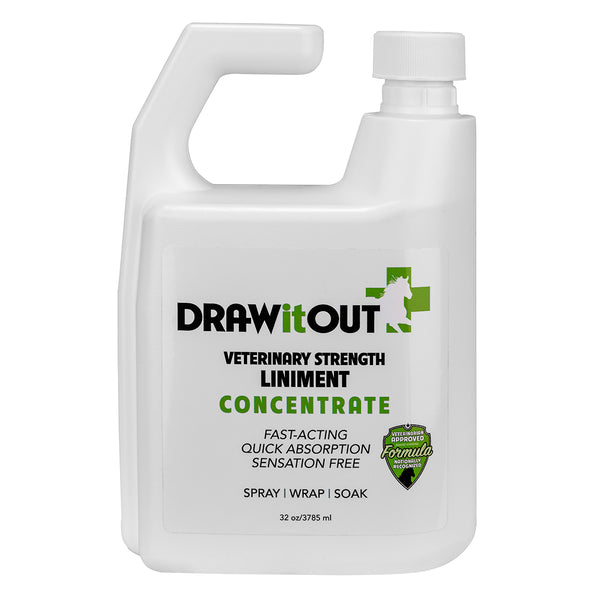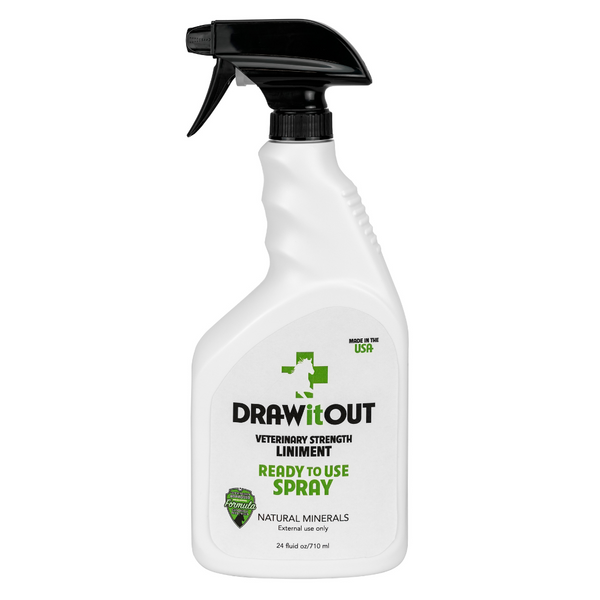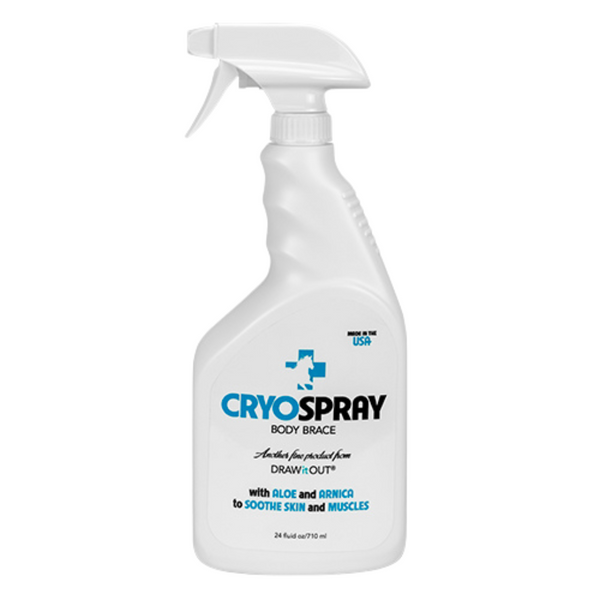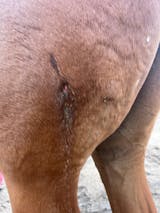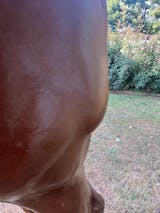Summer Sores in Horses: Understanding, Prevention, and Treatment
Introduction:
Summer sores, also known as cutaneous habronemiasis, are a common skin condition that affects horses during the warmer months. These frustrating wounds can cause discomfort and irritation for our equine companions. In this article, we will delve into the causes, symptoms, prevention, and treatment options for summer sores, providing valuable insights for horse owners and caretakers.
Understanding Summer Sores:
Summer sores are caused by a parasitic infection with Habronema spp. larvae. These larvae are transmitted to horses through the bites of infected flies, such as stable flies, house flies, and horn flies. When the flies feed on the horse's open wounds or moist areas of the body (such as the eyes, genitalia, or sheath), they deposit the larvae, which then develop into adult worms in the horse's tissues. The body's immune response to these larvae leads to the formation of painful, non-healing skin lesions known as summer sores.
Symptoms:
The clinical presentation of summer sores can vary depending on the location and severity of the infection. Typical symptoms include:
Lesions: Summer sores often appear as raised, red, and ulcerated areas on the skin. They can be anywhere on the body but are commonly found around the mouth, eyes, lower limbs, and sheath.
Itching: Horses with summer sores may exhibit intense itching and discomfort, leading to self-trauma and exacerbation of the wounds.
Swelling: Inflammation and swelling may occur around the affected area due to the horse's immune response.
Discharge: Summer sores can produce a yellowish discharge, and in some cases, the lesions may become secondarily infected.
Prevention:
Preventing summer sores involves a multi-faceted approach to minimize the risk of parasitic infection. Here are some key preventive measures:
Fly control: Implementing effective fly control strategies is crucial. This includes the use of fly sprays, fly masks, fly sheets, and fly traps, as well as keeping the horse's environment clean and removing manure regularly.
Wound management: Promptly treat any open wounds or moist areas on the horse's body to minimize the chance of fly transmission of larvae. Keep wounds clean, dry, and protected with appropriate dressings.
Environmental management: Reduce fly breeding sites by minimizing standing water, maintaining clean and well-drained paddocks, and using larvicides or biological control agents in areas prone to fly infestations.
Good nutrition: A healthy, balanced diet contributes to maintaining a robust immune system, making the horse less susceptible to parasitic infections.
Treatment:
When summer sores do occur, a comprehensive treatment plan should be implemented. The goals of treatment include eliminating the larvae, reducing inflammation, controlling secondary infections, and promoting wound healing. The following treatment options are commonly employed:
Deworming: Administering anthelmintic drugs (e.g., ivermectin or moxidectin) helps to target and kill the adult worms in the horse's tissues, reducing the parasite burden.
Topical therapies: Application of creams, ointments, or sprays containing corticosteroids, antibiotics, and/or antiparasitic agents can help reduce inflammation, prevent infection, and aid in healing the wounds.
Systemic medications: In severe cases or when lesions are not responsive to topical treatments, oral or injectable medications may be prescribed to address the underlying infection and boost the horse's immune response.
Bandaging and wound management: Proper bandaging techniques and wound care can protect the lesions from further self-inflicted trauma, promote healing, and minimize the risk of secondary infections.
Veterinary guidance: Consultation with a veterinarian is crucial for accurate diagnosis, treatment planning, and monitoring the horse's progress throughout the healing process.
Conclusion:
Summer sores can pose significant challenges for horse owners, but with proper understanding, prevention, and timely treatment, these conditions can be effectively managed. Consistent fly control measures, prompt wound management, and a proactive approach to equine health are key components in minimizing the risk and impact of summer sores on our beloved horses. By prioritizing preventive strategies and seeking veterinary guidance when necessary, we can ensure the well-being and comfort of our equine companions during the summer months and beyond.
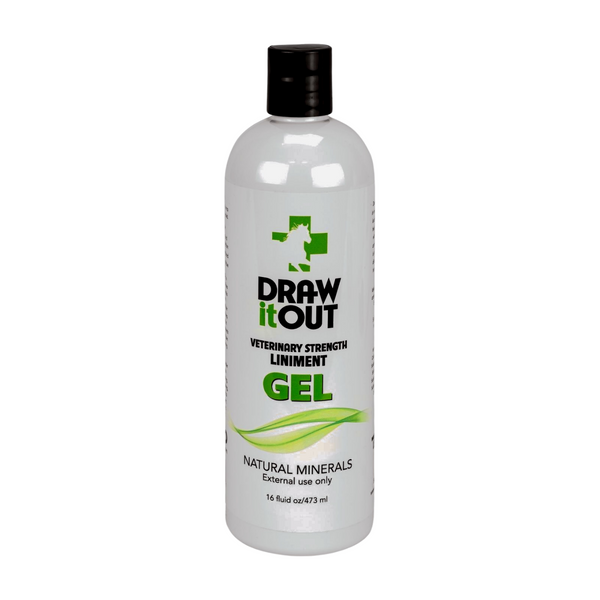 View Product
View Product
















